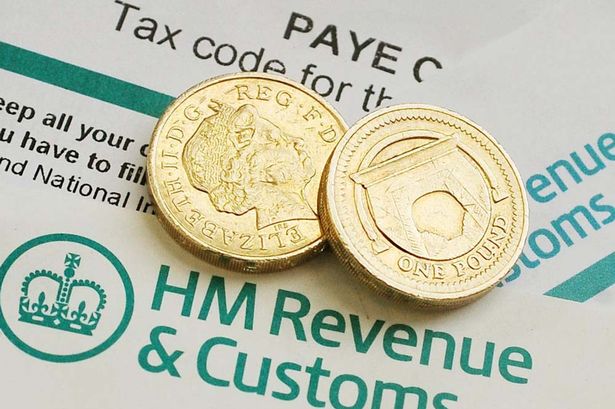HM Revenue and Customs (HMRC) is giving offshore tax evaders a last chance to put their financial affairs in order.
From September 5, tax cheats who failed to declare offshore income or investments can correct their past tax returns before new harsher penalties for avoidance and evasion are introduced.
The worldwide disclosure facility will not offer special terms to reduce penalties.
The tax offer runs alongside a new flow of financial data from British Crown Dependencies and Overseas Territories flooding into HMRC.
Details of British taxpayers with overseas accounts and investments in offshore financial centres such as the Isle of Man, Jersey, Guernsey, The British Virgin Islands and Cayman Islands will be revealed for the first time.
Game-changer for offshore tax
Then, an international tax network will start swapping account details on foreign taxpayers between more than 100 countries from September 2018.
Financial Secretary to the Treasury, Jane Ellison, said: “Every penny of tax that people evade deprives our public services of essential funding and we are focused on collecting all tax that is due.
“From October we will start to receive data on the offshore finances of UK taxpayers. This is a game-changer in the fight against evasion and it is time for anyone who is evading tax to do the right thing and pay what they owe.”
Both reporting measures are based on the US Foreign Account Tax Compliance Act (FATCA) model of more than 100 countries and 200,000 financial institutions worldwide sending financial data to the Internal Revenue Service (IRS).
Tax avoidance is legal
Financial institutions failing to file data face fines and other sanctions.
HMRC is careful to point out that arranging personal financial affairs to pay less tax is not illegal, but deliberately hiding income is a criminal offence.
“Not paying tax by failing to disclose your offshore income and investments is illegal. In 2014-15 HMRC brought in £26.6 billion from tackling tax evasion and avoidance and since 2010 has raised more than £2.5 billion from offshore evasion initiatives,” says HMRC.
“Today’s action builds on the wide range of measures introduced by the government to toughen sanctions for all those involved in offshore tax evasion. This includes a new criminal offence for tax evasion, increased civil sanctions for offshore tax evaders, and civil sanctions for those who enable offshore evasion.”
